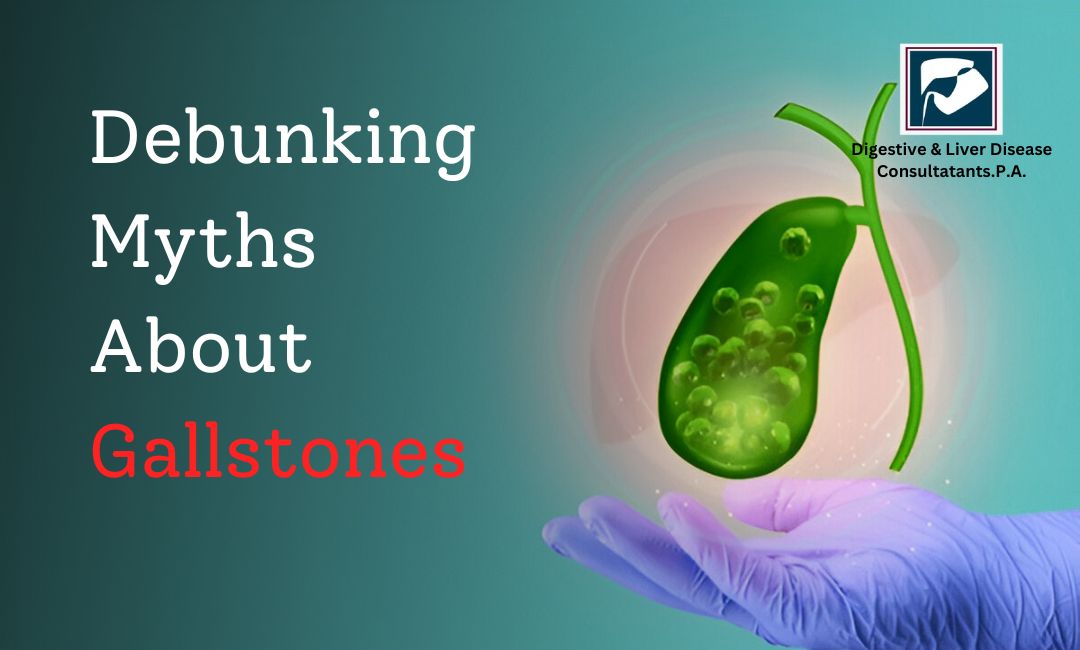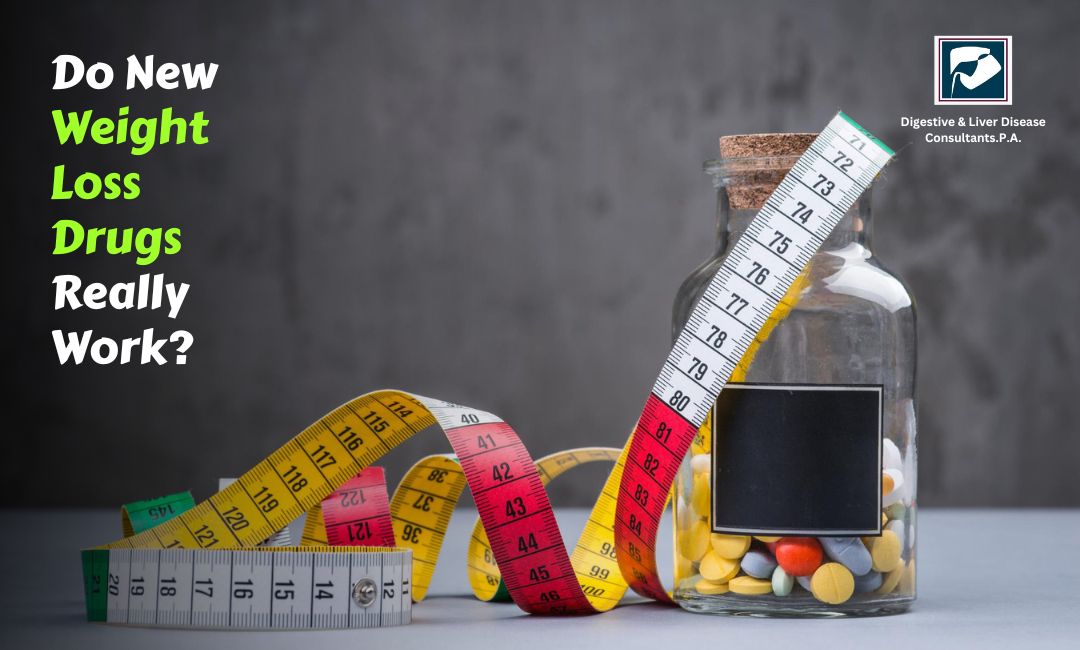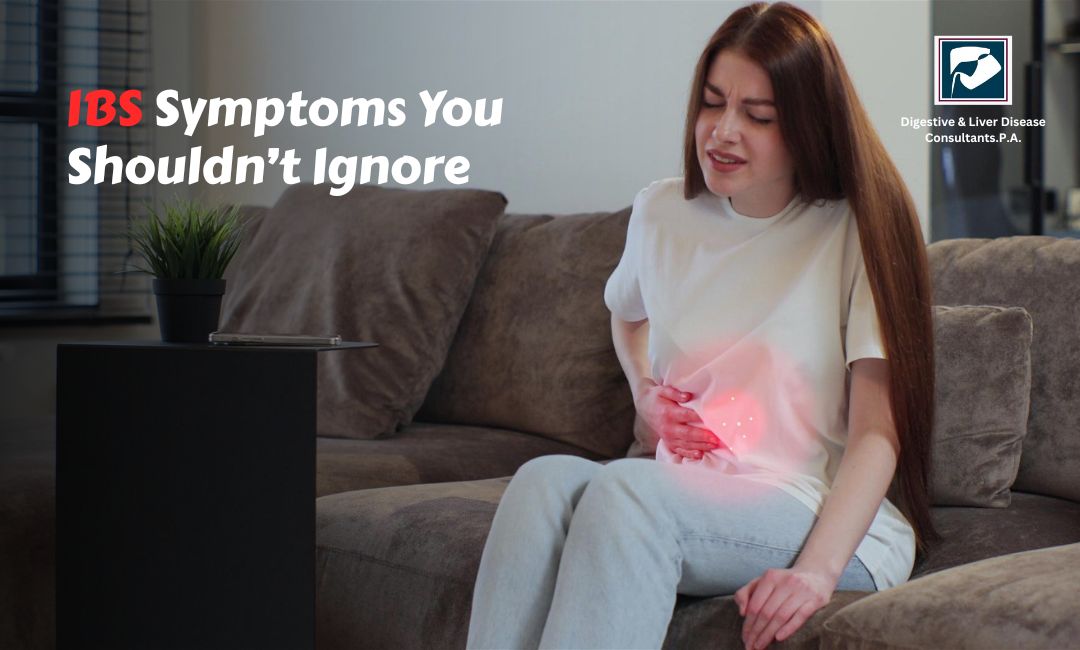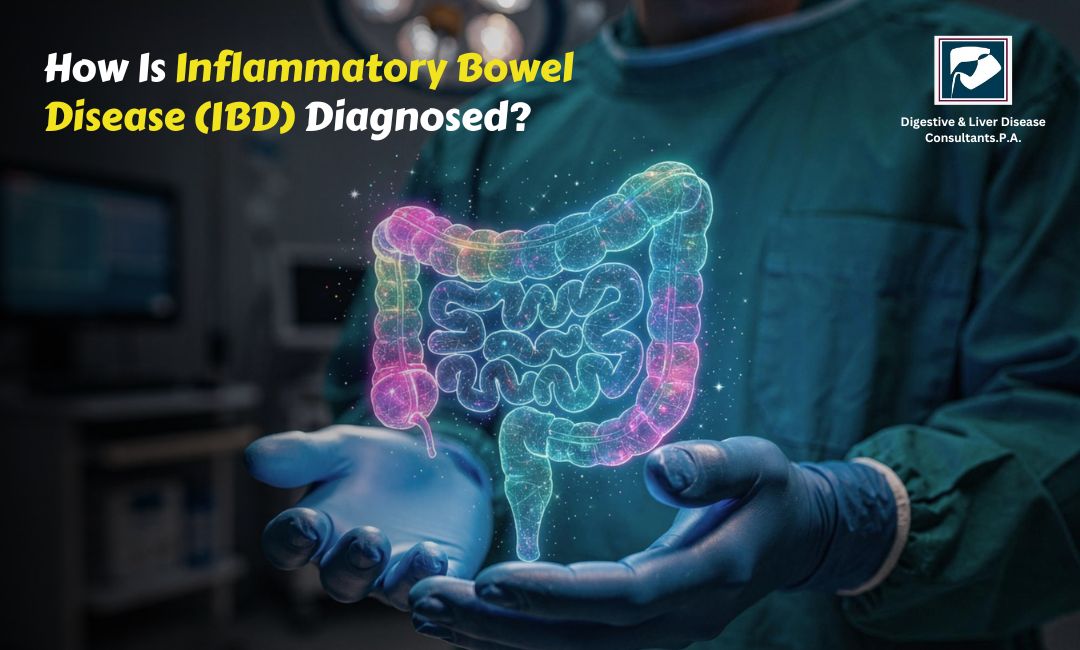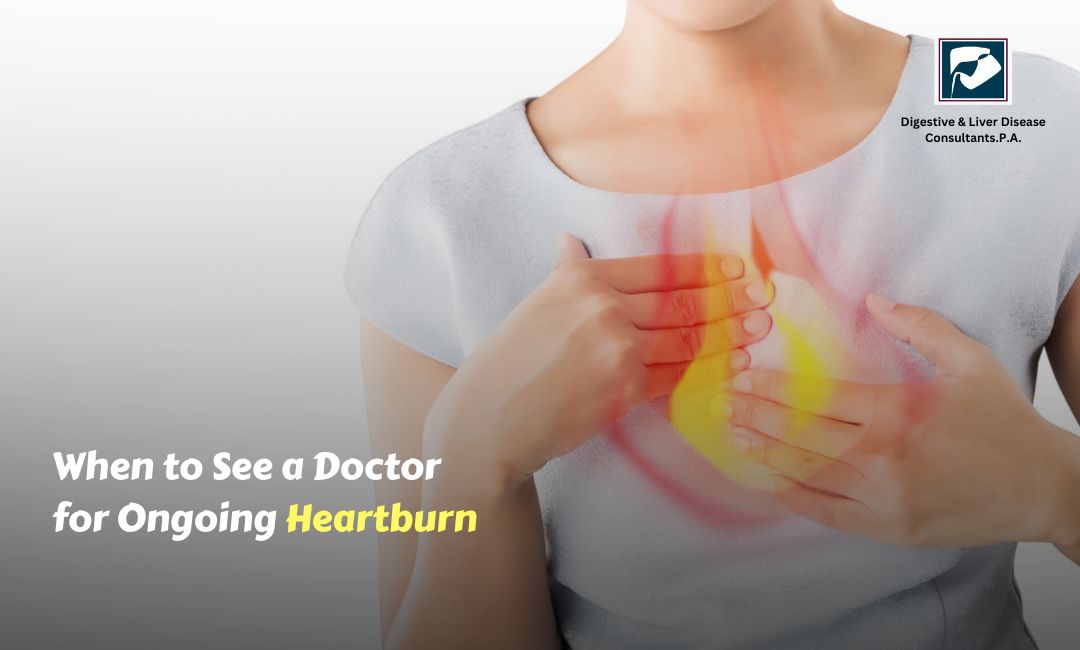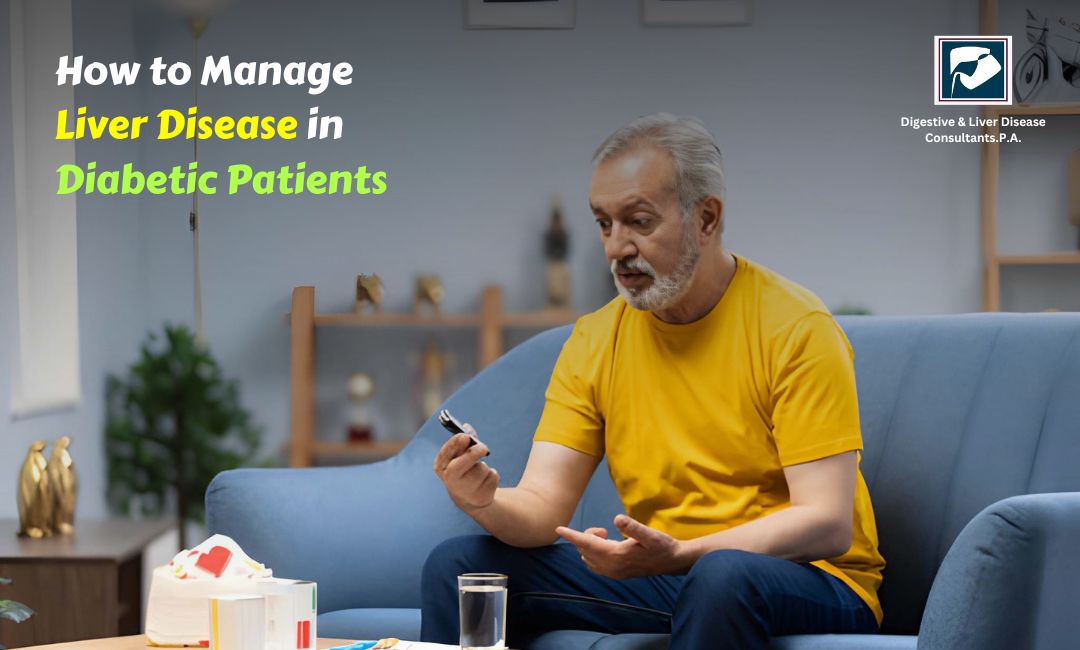Gallstones are a common health issue, but many people don’t fully understand what they are or how they form. Because of this, myths and misinformation often surround the topic. These myths can lead to fear, confusion, and even delay in seeking treatment. In this blog, we’ll clear up the most common myths about gallstones using simple and easy-to-understand language. We’ll also explain when to see a doctor and how the expert team at Digestive & Liver Disease Consultants, P.A. can help.
What Are Gallstones?
Gallstones are small, hard deposits that form in the gallbladder—a small organ located just beneath the liver. The gallbladder stores bile, a digestive fluid made by the liver that helps break down fats. Sometimes, substances in bile like cholesterol or bilirubin can harden into stones. These stones can be as small as a grain of sand or as large as a golf ball.
Some people have gallstones and never experience symptoms, while others may feel pain, especially after eating fatty foods.
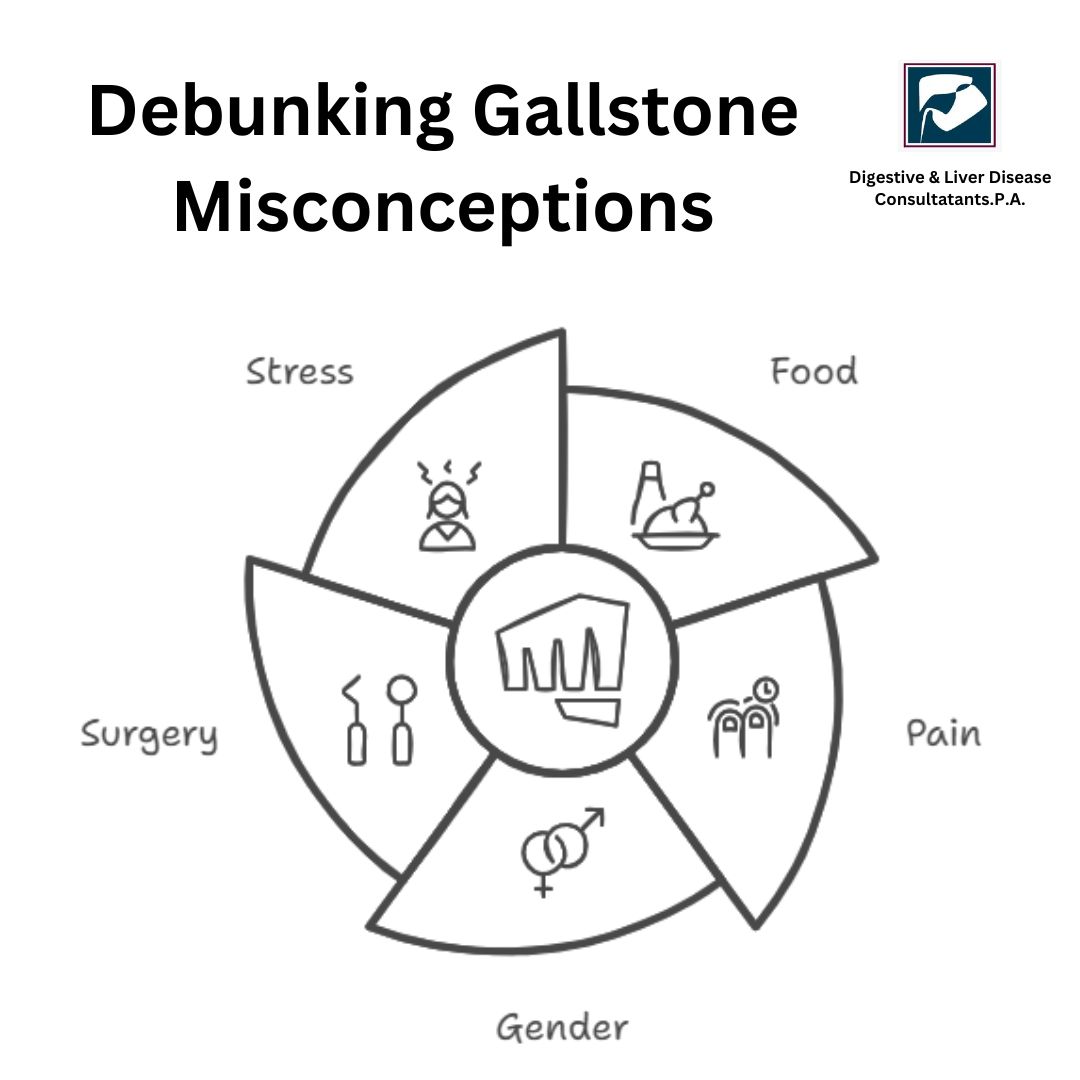
Common Myths About Gallstones – Debunked!
Myth 1: Only overweight people get gallstones.
Truth:
While being overweight is a risk factor, gallstones can affect anyone—regardless of body type. Even people who are slim or have lost a lot of weight quickly are at risk. Other factors like genetics, age, gender (women are more prone), and certain medications can also play a role.
Myth 2: Gallstones always cause pain.
Truth:
Not necessarily. Many people have “silent” gallstones that never cause symptoms and don’t require treatment. Pain usually occurs when a gallstone blocks a bile duct. This pain, called a “gallbladder attack,” is usually felt in the upper right abdomen and may last for several hours. If you’re not having symptoms, your doctor may simply monitor the condition.
Myth 3: If you have gallstones, you’ll need surgery immediately.
Truth:
Surgery is not always needed. If gallstones are not causing symptoms, you might not need any treatment at all. However, if you have repeated attacks or complications, your doctor may recommend gallbladder removal surgery (cholecystectomy). It’s a common and safe procedure, often done laparoscopically with a quick recovery time.
Myth 4: Gallstones can be dissolved with natural remedies or diet changes.
Truth:
There’s no reliable natural remedy to dissolve gallstones. Some small stones made mostly of cholesterol may respond to specific medications, but this treatment is slow and only suitable for certain cases. Diet changes can help prevent new stones from forming, but they usually won’t remove existing ones. Always talk to a doctor before trying home remedies, as they might make symptoms worse.
Myth 5: Once you have gallstones, you can’t eat any fats.
Truth:
You don’t have to avoid all fats completely. In fact, healthy fats like those found in avocados, nuts, and olive oil are good for your body. It’s best to avoid greasy, fried, and high-fat processed foods, which can trigger gallbladder attacks. A balanced diet with moderate amounts of healthy fats can actually help your digestive system work better.
Myth 6: Gallstones only affect older adults.
Truth:
While the risk of gallstones does increase with age, younger people can get them too. Women between the ages of 20 and 60 are more likely to develop gallstones than men. Other risk factors—like pregnancy, rapid weight loss, or certain health conditions—can lead to gallstones even at a younger age.
Myth 7: You can always tell if you have gallstones.
Truth:
Some people with gallstones may have no symptoms at all, while others experience vague digestive issues like nausea, bloating, or gas, especially after meals. Severe pain typically occurs only when a stone blocks a bile duct. Because the symptoms can be mistaken for other problems, it’s important to see a doctor for an accurate diagnosis.
Myth 8: Gallbladder removal causes serious long-term problems.
Truth:
The gallbladder helps with digestion, but it’s not essential. Most people live normal lives after gallbladder removal without major changes. Some may experience temporary digestive changes like loose stools, especially after eating fatty foods, but these usually go away with time.
How Are Gallstones Diagnosed?
If your doctor suspects gallstones, they may recommend:
Ultrasound: The most common and painless test to detect gallstones.
CT scan or MRI: Useful for viewing the bile ducts and nearby organs.
Blood tests: To check for signs of infection or liver problems.
Early diagnosis can help prevent complications like infection, inflammation, or blockages.
Can Gallstones Be Prevented?
While not all cases can be prevented, certain lifestyle changes can lower your risk:
- Eat a healthy, balanced diet with plenty of fiber.
- Avoid skipping meals or losing weight too quickly.
- Maintain a healthy weight through regular physical activity.
- Limit high-fat and processed foods.
- Stay well-hydrated by drinking plenty of water.
These steps support both gallbladder and liver health.
About Digestive & Liver Disease Consultants, P.A.
At Digestive & Liver Disease Consultants, P.A., our mission is to provide expert care for digestive and liver conditions using the latest tools and treatments. With a team of experienced gastroenterologists, we offer personalized care tailored to each patient’s needs. From diagnosis to treatment and follow-up, we are with you every step of the way.
We use advanced diagnostic imaging and minimally invasive procedures to treat gallstones and other digestive disorders effectively. Whether you need medical management or surgical consultation, you can trust our dedicated team to guide you toward better digestive health.
Conclusion
Gallstones are a common condition, but they’re also surrounded by a lot of myths. By understanding the facts and knowing when to seek help, you can protect your digestive health and avoid complications. If you're having symptoms like abdominal pain after meals, nausea, or bloating, don’t ignore them.
If you’re experiencing digestive discomfort or think you may have gallstones, don’t wait—reach out to the experts at Digestive & Liver Disease Consultants, P.A. today. Our skilled team is here to help you find relief and get back to living your life comfortably and confidently.

